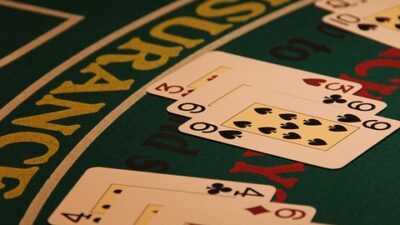In the realm of strategy gaming, the debate between Real-Time Strategy (RTS) and Turn-Based Strategy (TBS) has raged for decades. Both genres have passionate fan bases, each touting unique challenges and rewards. So, which is the ultimate challenge? Let’s break down the core aspects of each genre to find out.
Real-Time Strategy (RTS)
Definition and Gameplay
RTS games are characterized by their real-time gameplay, where players manage resources, build units, and engage in combat simultaneously. Classic examples include StarCraft, Age of Empires, and Warcraft. Players must think and act quickly, as the game progresses in real time—meaning every second counts.
Challenges
- Quick Decision Making: The pressure of immediate actions can create a high-stakes environment, forcing players to think on their feet.
- Micro and Macro Management: Players must juggle both small-scale (unit control, tactical maneuvers) and large-scale (resource management, strategic planning) tasks at once.
- Adaptability: The dynamic nature of RTS games often requires players to adapt to their opponents’ strategies quickly—your plan can change in seconds based on enemy movements.
Benefits
- Adrenaline-Pumping Experience: The real-time nature keeps players on their toes, enhancing excitement and immersion.
- Skill Development: Fast-paced gameplay can lead to improved multitasking, strategic thinking, and reflexes.
Turn-Based Strategy (TBS)
Definition and Gameplay
In contrast, TBS games allow players to take turns when making decisions, as seen in titles like Civilization, XCOM, and Total War. This format encourages a more methodical approach, allowing players to plan their moves without the pressure of real-time action.
Challenges
- In-Depth Planning: Each turn requires careful deliberation, as mistakes can lead to a domino effect of failures down the line.
- Complex Decision Trees: Players must consider multiple possibilities and outcomes, making the strategies intricate and layered.
- Psychological Warfare: Understanding opponents’ potential moves and bluffing can be as critical in TBS as it is in RTS, with the added complexity of analyzing patterns over turns.
Benefits
- Strategic Depth: The time to think allows for multi-layered strategies that can be highly rewarding when executed successfully.
- Reduced Stress: The turn-based format can offer a more relaxed gaming experience, appealing to those who prefer a calculated approach to strategy.
Conclusion: Which Is the Ultimate Challenge?
Determining the "ultimate challenge" between RTS and TBS often comes down to personal preferences and gaming styles.
-
Thrill-Seeking Players: Those who relish a fast-paced environment filled with immediate challenges may find RTS games more appealing. The adrenaline rush of managing multiple units and resources under pressure makes every second feel precious.
- Strategic Thinkers: Conversely, players who enjoy depth and complexity may favor TBS games. The ability to analyze situations, ponder over tactics, and execute a well-thought-out plan can be a fulfilling aspect of gaming.
Final Thoughts
Ultimately, both genres provide distinct challenges that cater to different types of players. The ultimate challenge lies not in choosing one over the other, but in recognizing the diverse skills and experiences they offer. Whether you prefer the frenetic pace of an RTS or the deep thinking required in a TBS, each genre has its unique charm, making the world of strategic gaming rich and varied.
As technology evolves, the lines between these genres may blur even further. Hybrid games that merge elements of both RTS and TBS are emerging, opening the door to new challenges and experiences. The future promises exciting possibilities, inviting players from both camps to explore new realms of strategy.


